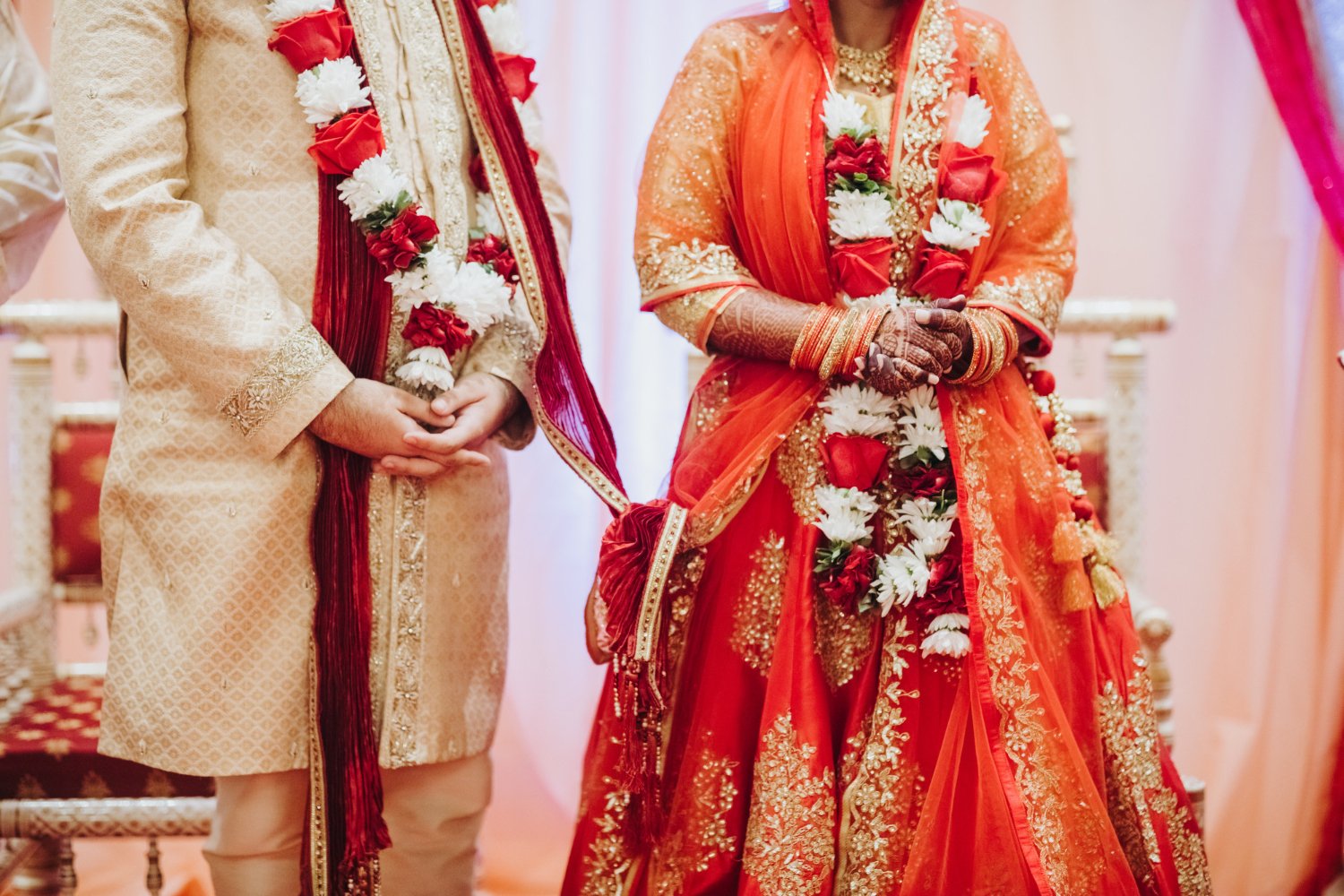
Arranged Marriages in Modern India: Balancing Tradition and Choice.
Introduction:
In the diverse tapestry of Indian culture, the concept of arranged marriages has stood the test of time. Rooted in centuries-old traditions, arranged marriages are a blend of family values, community bonds, and cultural beliefs. However, as India continues to evolve in the 21st century, the landscape of matrimony is changing. Balancing tradition and individual choice has become a delicate art, shaping the narratives of modern arranged marriages.
The Evolution of Arranged Marriages:
Arranged marriages in India have undergone a remarkable transformation. What was once solely orchestrated by families now involves the voices and preferences of the individuals involved. While familial considerations remain significant, young adults are increasingly expressing their desires for compatibility, shared interests, and emotional connection.
The Role of Technology: A Modern Matchmaker:
In this digital age, technology has revolutionized the way arranged marriages unfold. Matrimonial websites and apps provide a platform for individuals to discover potential partners based on shared values, aspirations, and backgrounds. This blend of tradition and innovation has enabled a more informed approach to marital alliances.
Negotiating Compatibility: The Bridge Between Tradition and Choice:
Arranged marriages still embrace the values of caste, community, and family reputation. However, the focus has shifted towards compatibility and shared values. Modern couples negotiate the intersection of traditional expectations and personal preferences, striving for a balance that respects both aspects.
Communication and Consent: Defining New Norms:
The emphasis on communication and consent has redefined the contours of arranged marriages. Today’s couples engage in open conversations, getting to know each other’s dreams, aspirations, and life goals. Consent, once understood as a nod of agreement, now involves mutual understanding and shared vision.
Parents as Partners: The Changing Dynamics:
While parents continue to play a crucial role in the process, their roles are evolving. They are increasingly becoming facilitators rather than decision-makers. The modern parent seeks to understand and respect their child’s preferences while also upholding family traditions.
Embracing Tradition with a Contemporary Twist:
Modern arranged marriages reflect the dynamic synergy of old and new. Couples honor their cultural roots while weaving in contemporary influences. The wedding itself becomes a blend of customs and celebrations that span generations.
Conclusion:
In the delicate dance between tradition and choice, arranged marriages in modern India emerge as a harmonious fusion. It’s a reflection of a society that values its heritage while embracing individual autonomy. As families and individuals navigate this intricate path, they redefine the essence of matrimony. Arranged marriages are no longer merely about compromise; they are about shared dreams, mutual respect, and the celebration of love that evolves with time.
As India’s social fabric continues to evolve, the story of arranged marriages serves as a poignant narrative of growth and adaptation. It’s a tale of embracing change without letting go of cherished values, painting a portrait of matrimony that is both timeless and contemporary.
